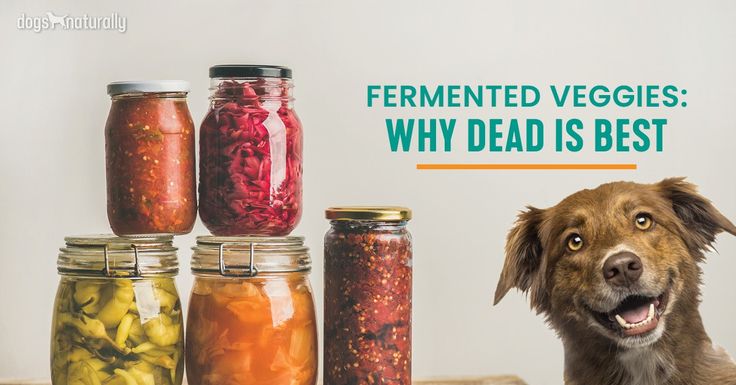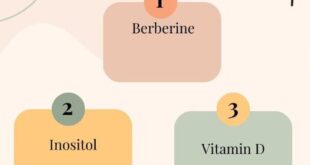
Fermented foods have become a popular trend in human diets, celebrated for their gut health benefits. But what about our canine companions? Can dogs eat sauerkraut, or other fermented foods, without harming their health? In this article, we’ll explore the potential benefits and risks of incorporating fermented foods into your dog’s diet, focusing specifically on sauerkraut.
What is Sauerkraut and How is it Made?
Sauerkraut is a fermented cabbage dish commonly consumed by humans. It is made through a fermentation process where cabbage is finely chopped, salted, and left to ferment for several days or weeks. The beneficial bacteria that develop during fermentation are known as probiotics, which are known to support digestive health in humans. But can dogs safely consume sauerkraut?
Can Dogs Eat Sauerkraut?
Yes, dogs can eat sauerkraut in moderation, but there are a few important factors to consider. Sauerkraut contains probiotics, which can aid in digestion and help maintain a healthy gut flora. However, there are also potential risks involved with feeding sauerkraut to dogs. The primary concern is the salt content in sauerkraut. High sodium levels can be harmful to dogs, especially in large amounts, leading to dehydration, salt poisoning, and kidney damage. It’s important to ensure that the sauerkraut you offer to your dog is low in sodium or, ideally, homemade with less salt.
Benefits of Fermented Foods for Dogs
1. Probiotics Support Digestion
Fermented foods, including sauerkraut, are rich in probiotics, which are beneficial bacteria that support healthy gut flora. These probiotics can be beneficial for dogs suffering from digestive issues like diarrhea, constipation, or bloating. Probiotics help maintain a balance of good bacteria in the gut, contributing to better digestion and nutrient absorption.
2. Strengthened Immune System
Probiotics found in fermented foods, like sauerkraut, can also support your dog’s immune system. A healthy gut microbiome plays a crucial role in boosting the immune system and protecting against harmful pathogens. By adding small amounts of sauerkraut to your dog’s diet, you can promote overall health and well-being.
3. Improved Nutrient Absorption
The fermentation process also increases the bioavailability of certain nutrients, making them easier for dogs to absorb. For example, the fermentation of cabbage in sauerkraut can enhance the absorption of vitamins like Vitamin C and B vitamins, which are essential for your dog’s health.
Risks of Feeding Fermented Foods to Dogs
1. High Sodium Content
One of the main concerns when feeding sauerkraut to dogs is its sodium content. Excessive salt can cause serious health issues in dogs, including electrolyte imbalances, dehydration, and kidney problems. If you plan to give your dog sauerkraut, it’s essential to limit the amount and ensure that it’s low in sodium.
2. Potential Digestive Upset
While probiotics are generally beneficial, introducing too much sauerkraut or other fermented foods into your dog’s diet too quickly can cause digestive upset. This may include symptoms such as gas, bloating, or diarrhea. Start with a small amount and gradually increase it to monitor how your dog’s digestive system responds.
3. Containing Harmful Ingredients
Some commercially available sauerkraut may contain additives such as garlic, onions, or preservatives that are harmful to dogs. Always check the ingredient list before feeding sauerkraut to your dog. Garlic and onions, in particular, are toxic to dogs and can lead to serious health complications like hemolytic anemia.
How to Safely Feed Sauerkraut to Dogs
If you decide to give your dog sauerkraut, here are a few tips to ensure it’s safe:
- Start Small: Begin with a small serving of sauerkraut to see how your dog reacts. If they have no digestive issues, you can gradually increase the amount.
- Homemade is Best: Homemade sauerkraut allows you to control the amount of salt and other ingredients. Use fresh cabbage and minimal salt to create a healthier option for your dog.
- Monitor for Reactions: Watch for any signs of digestive upset, such as vomiting, diarrhea, or gas. If any of these symptoms occur, stop feeding sauerkraut and consult your vet.
- Avoid Additives: Ensure the sauerkraut is free of harmful ingredients like garlic, onions, or excessive preservatives.
Alternative Fermented Foods for Dogs
If you’re interested in other fermented foods for dogs, there are a few options that may be safer and beneficial:
- Plain Yogurt: Unsweetened, plain yogurt contains probiotics that can aid digestion. It’s often easier for dogs to digest compared to sauerkraut.
- Kefir: Like yogurt, kefir is a fermented dairy product that contains beneficial bacteria for your dog’s gut health.
- Fermented Vegetables: Fermented vegetables like carrots or cucumbers (without added seasonings) can be a good alternative to sauerkraut, offering probiotics without the high sodium content.
Conclusion: Can Dogs Eat Sauerkraut?
In moderation, dogs can eat sauerkraut as part of a balanced diet. However, it’s important to ensure that it’s prepared with minimal salt and free from harmful additives. Start with small portions and monitor your dog’s health to ensure they tolerate it well. When in doubt, consult with your vet before introducing new foods like sauerkraut into your dog’s diet. By doing so, you can help improve their digestion and overall health while keeping potential risks in check.
Fermented foods, including sauerkraut, can offer numerous benefits to your dog’s digestive health when used carefully and appropriately.
MOST RELATED:https://healthybodyboost.net/wp-admin/post.php?post=2037&action=edit


